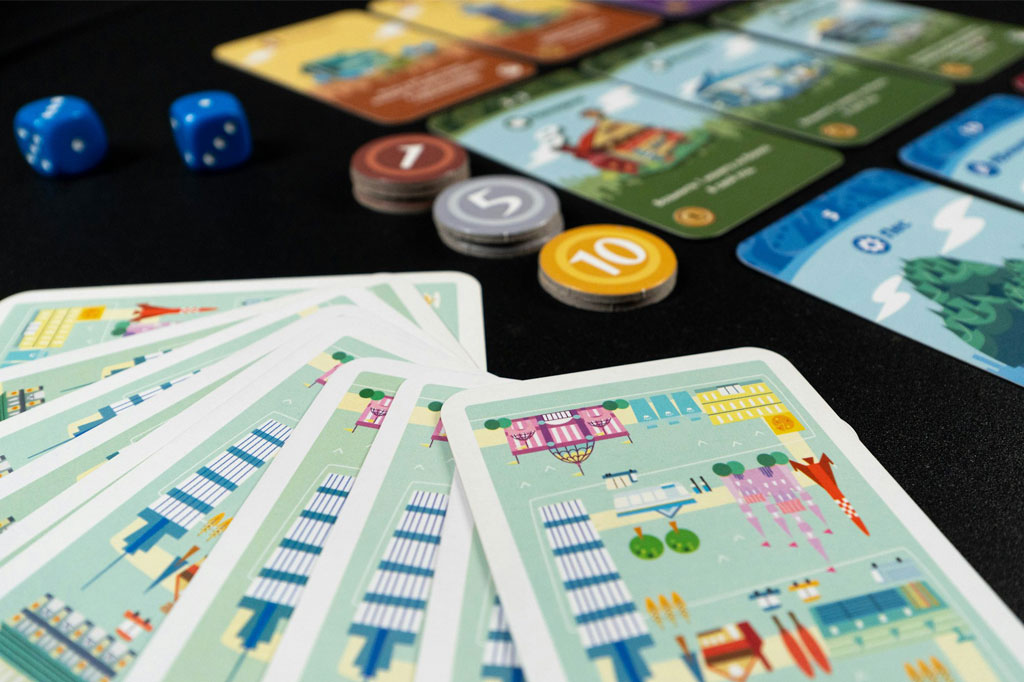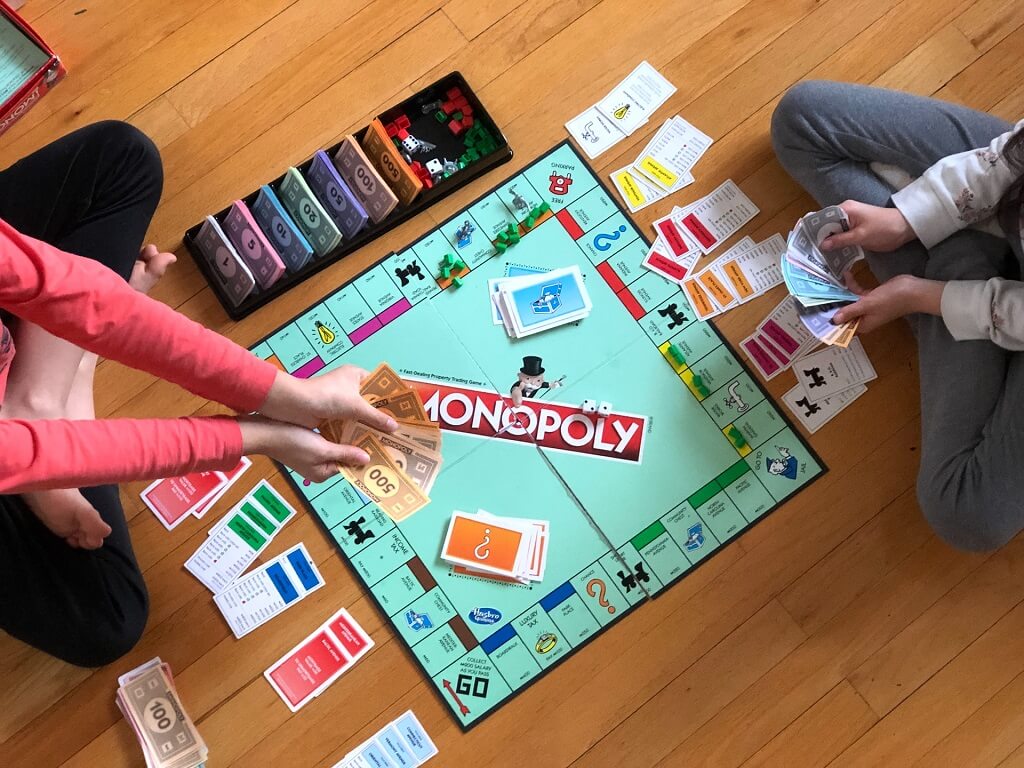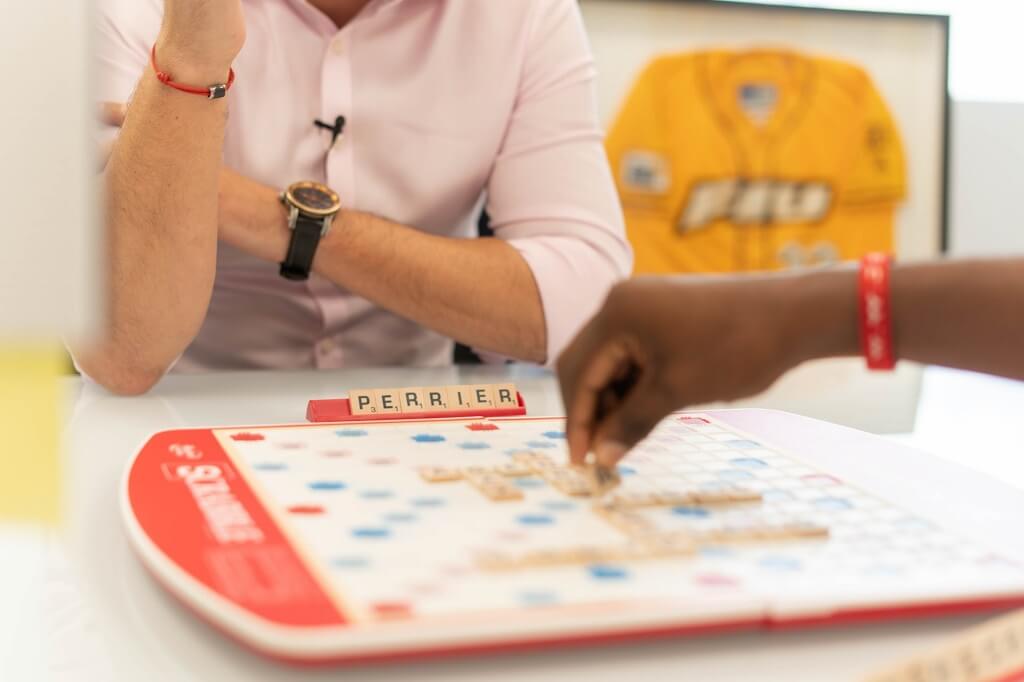In a world dominated by digital entertainment, board games continue to thrive, thanks to the joy of face-to-face interaction, creativity, and strategy.
If you’re passionate about board games and dream of launching your own game or building a business around them, you’re in good company. The board game industry is booming, and with the right steps, you can turn your ideas into a thriving venture.
Here’s how to start a board game business from scratch.
Table of Contents
1. Define Your Business Vision
Before anything else, decide what kind of board game business you want to build. Ask yourself:
- Are you creating your own original board game(s)?
- Do you want to manufacture and sell games for others?
- Are you starting a board game café, retail shop, or an online store?
- Will you focus on educational, party, strategy, or niche historical games?
A clear vision will guide your branding, production, marketing, and growth strategies.
2. Research the Market
Understanding your market is crucial. Do the following:
- Analyze trends: Identify best-selling games, rising themes (e.g., cooperative play, solo modes), and mechanics (deck-building, area control, etc.).
- Study your competitors: Look at Kickstarter projects, online board game stores, and convention exhibitors.
- Identify your target audience: Are you targeting families, hobbyists, schools, or corporate team-building?
Tools like BoardGameGeek, Kickstarter, and Google Trends can be helpful for market insights.
3. Develop a Unique Game Concept
If you’re creating your own board game:
- Design the gameplay: Decide on the theme, objective, mechanics, number of players, and game duration.
- Create prototypes: Use simple tools like paper, cardboard, or online prototyping platforms (e.g., Tabletop Simulator or PlayingCards.io).
- Playtest extensively: Gather feedback from a wide audience, friends, gaming groups, and strangers, and refine your game based on their experience.
A unique and engaging concept is the cornerstone of a successful board game business.
4. Build a Business Plan
Your business plan should include:
- Executive summary: Overview of your game and vision.
- Market analysis: Target customers, industry trends, and competition.
- Product development plan: Timelines, materials, production methods.
- Marketing & sales strategy: Online presence, social media, distribution channels.
- Financials: Startup costs, projected revenue, funding sources, pricing model.
Develop a strong business plan to attract investors and boost your chances of crowdfunding success.
5. Source Manufacturing & Components
Once your game is playtested and ready:
- Design the artwork: Hire an illustrator or graphic designer to create professional visuals (cards, boards, box, rulebook).
- Create a print-ready prototype: Consider manufacturers that offer short-run or sample production.
- Find a manufacturing partner: Choose a board game manufacturer that offers custom components, competitive pricing, certifications, and quality control.
Key factors to consider:
- Minimum order quantities (MOQs)
- Shipping and customs
- Material choices (cardboard, plastic, wood, etc.)
- Lead times
6. Protect Your Intellectual Property
Safeguard your creative work before it hits the market:
- Copyright: Automatically applies to written content and artwork.
- Trademark: Protects your brand name and logo.
- Patent (optional): Consider if your game has a unique mechanic or invention.
You can also use non-disclosure agreements (NDAs) when discussing your concept with manufacturers or collaborators.
7. Choose a Funding Strategy
Starting a board game business requires capital. Your options include:
- Bootstrapping: Funding it yourself, often with limited runs.
- Crowdfunding: Launch your campaign on platforms like Kickstarter or Gamefound to secure funding and test market demand.
- Investors or loans: Consider small business loans or angel investors, especially for long-term scaling.
Kickstarter is a popular choice in the board game world, but it requires a polished presentation, engaging campaign, and a pre-built audience.
For more details about the board game crowdfunding, please check this article – Board Game Crowdfunding Platforms Comparison
8. Set Up Business Operations
Treat your board game venture as a legitimate business:
- Register your business (LLC, sole proprietorship, etc.)
- Create a website with e-commerce capability
- Set up payment systems, shipping logistics, and inventory management
- Open a business bank account
- Get insurance, especially if attending conventions or shipping internationally
9. Market Your Board Game
Marketing starts well before your game is available for purchase:
- Build an online presence: Create a website, social media accounts, and mailing lists.
- Engage the community: Participate in board game forums, Reddit, Facebook groups, and conventions.
- Use visual storytelling: Engage your audience with behind-the-scenes stories, gameplay videos, tutorials, and sneak peeks of artwork.
- Partner with influencers: Send prototypes to reviewers or YouTubers for early exposure.
Create a brand voice and story that resonates with your audience.
10. Launch and Distribute
When your game is ready to launch:
- Distribute via multiple channels:
- Your website
- Crowdfunding platforms
- Amazon, Etsy, eBay
- Local game stores (FLGS)
- Distributors or wholesalers
- Attend trade shows: Exhibit at board game conventions like Gen Con, Spiel (Essen), or PAX Unplugged. If you want to know more about the board game conventions, you can read this article – Famous Board Game Conventions in The World (By Countries)
- Offer digital versions: Consider Tabletop Simulator or mobile apps as complementary channels.
Track customer feedback and sales to improve future games or expand your product line.




